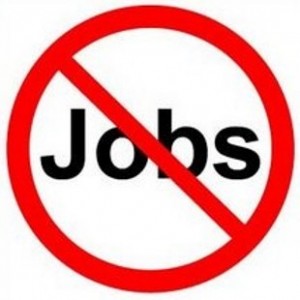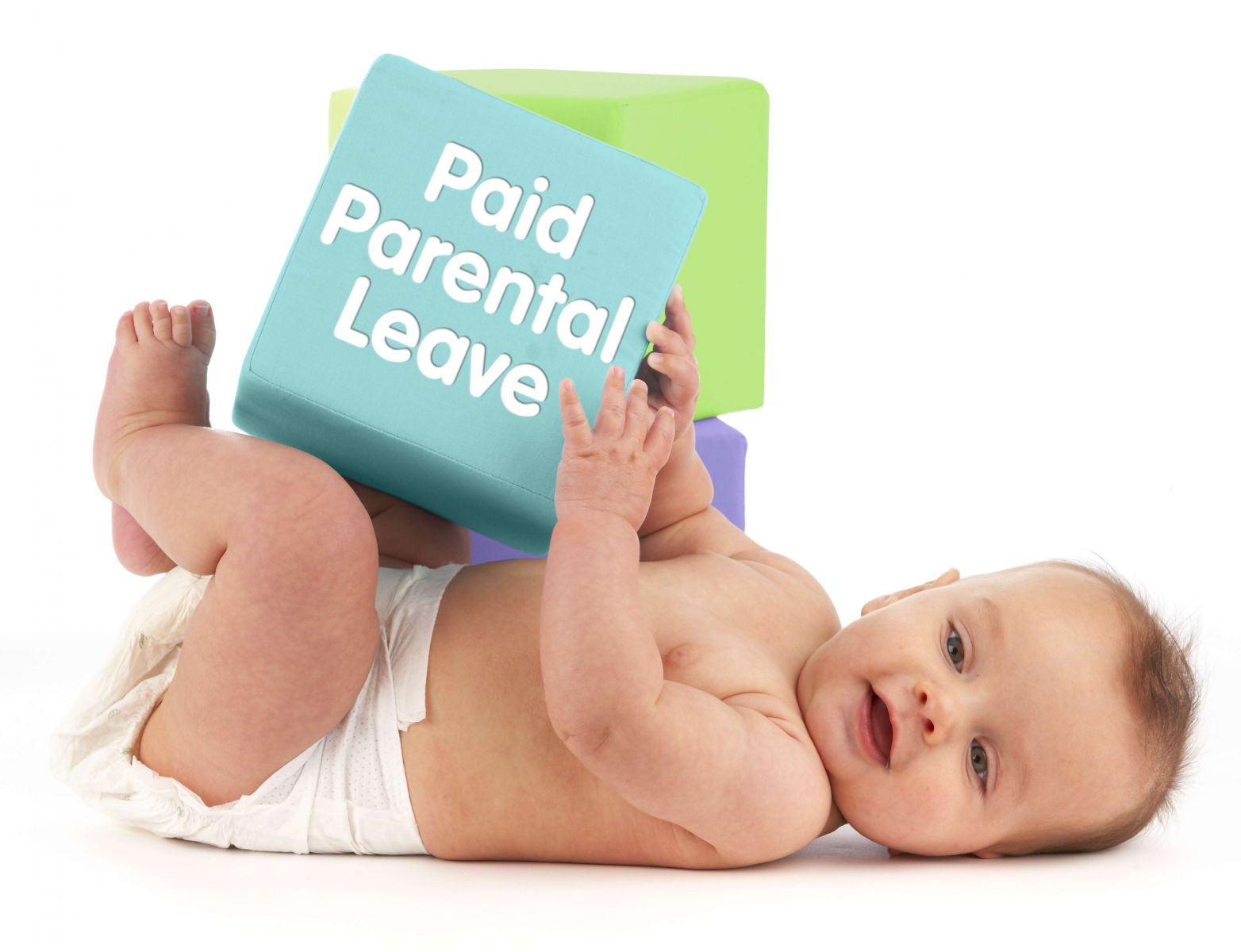The current unemployment rate sits at 5.4. Still, millennials hunt for jobs that pay a decent wage. Many are bemoaning the fact that boomers are hoarding jobs. Employed boomers, unable to retire due to economic insecurity, hang onto jobs for as long as possible. The real unemployment rate, which includes people who are barely self-employed and people who have given up looking for work is much higher…conservatively estimated at somewhere between 6.4% and 10% with some estimating the rate to be even higher.
Much attention is paid to the very real plight of millennials, many armed with expensive college degrees who find themselves dealing with wage stagnation and a shortage of real job opportunities. Less attention is paid to the late boomers and members of Generation-X who have had the rug pulled out from under their feet.
While suicide rates in the United Sates and the United Kingdom have decreased, a shocking report was released by the Center for Disease Control & Prevention in 2013 with the news of an increased suicide rate among people over 40. This trend is sharper among men, who traditionally measure their worth by their ability to provide for themselves and their families. In the U.K., men over 40 are 2.5 times more likely to commit suicide than the rest of society, an alarming increase of 40% over the prior decade. In the United States, the increase was 50% and researchers suspect that the number is vastly under-reported. Many of the researchers and journalists who covered this story expressed some confusion and speculation, but the reasons are clear to many.
During the recession, jobs and homes disappeared along with any money boomers and gen x’ers had carefully saved for their retirement. Many, expecting to stay employed into their 60’s and assuming their homes would increase in value, did not save enough to see them through years of unemployment after paying off their mortgages and their children’s college education.
Most unemployed older people who had managed to save some money, have quickly tapped out their savings. In many cities, people in their 40’s and 50’s now share homes or apartments together. Some even rent out their living rooms in order to survive. In spite of the decreasing unemployment numbers, jobs remain scarce and real wages have remained stagnant over the last decade. In the technology and legal industries for example, job requirements are becoming more difficult to meet, particularly for older professionals who have been out of work for an extended period of time. In today’s job market, once someone has been unemployed for an extended period of time, they become effectively unemployable.
Lawyers, most of whom graduate with massive student loans, work at temporary positions reviewing documents. The unemployment rate for Law Students is at an astounding 15.5%, considerably higher than the reported unemployment rate as a whole. In the tech industry, even though younger people are learning how to code, there is an increase in lower paid immigrant workers to meet what employers call a “tech shortage.” something that most experts insist is a myth perpetuated to keep wages throughout the field as low as possible.
Older workers continue to send out resumes with no reply. Many of the people that I have spoken to have clearly expressed their despair, one man telling me bluntly that “I don’t want to live this way anymore. If things go on this way, I am going to end it”.
This subject, however, has not gone undocumented. The multi-media project, “Over Fifty and Out of Work” documents the trials of many former workers over 50. Their documentary, “Set for Life” covers three out of work people…but is society really paying attention?
In spite of the breathless optimism in Money Magazine’s recent article “The Suddenly Hot Job Market for Workers over 50”, age discrimination continues. Some companies are now hiring short term employees over 50. Goldman Sachs, for example, has a ten-week program called a “returnship”, while other companies are grudgingly making space for older workers. But still, the problem persists and ageism is difficult to prove.
The Broadcast industry is an extreme example of rampant ageism. Ironically, NBC aired a special on ageism in America in 2004. NBC and Comcast were sued in 2013 by award winning investigative journalist (and former CIA whistleblower) Frank V. Snepp who was 70 at the time of his dismissal. NBC settled a lawsuit with cameraman George Hyatt in 2011 who was dismissed shortly after his manager was overheard stating the he wanted to hire younger people. The most likely victims in the broadcast industry are older women like Vicky Gutierrez who recently filed a lawsuit against Telemundo. An unreported protest was held on May 11th by the Local 11 Union, specifically targeting working conditions and ageism at NBC & Comcast.
In 2013, Economists Dean Baker and Kevin Hassett stated a startling fact, which was reported in this excellent analysis by Bud Myers of the Economic Poplulist.
According to another report by economists Dean Baker and Kevin Hassett that was cited by the New York Times (which was also referred to in a congressional hearing for older workers) a worker between the ages 50 and 61, and who had been unemployed for 17 months or longer, only had about a 9 percent chance of ever finding a new job. And the longer they were unemployed, the lower their chances for ever finding work again. Add in any sub-standard credit reports because they were unemployed, medical records indicating below average health, any back taxes owed, a mortgage foreclosure because of job loss, or a rejected disability claim by Social Security, and the odds are much worse for an older person ever finding a job again — essentially, they are SOL.
Let that sink in. Many, including presidential candidate Jeb Bush, want to raise the retirement age to 70 to lower the cost of Social Security, which many argue does not need to be fixed. The current retirement age is already at 67 years and if the situation continues, many of those currently unemployed will be forced into taking early retirement and living off of meager social security payments. What does a world like this look like? Where do older people living on $600 a month turn to for housing and for food? How do younger people find employment when jobs are being held onto by those older people who manage to stay employed? These are some of the questions that the government needs to be asking right now.
Unemployment Rate means nothing for millennials. Forbes.
Unemployed and Older, and Facing a Jobless future. NY Times
Suicide ‘generation’ fears for middle aged men. The Telegraph.
NBC News Quietly Settles Cameraman’s Age Discrimination Suit. Daily Caller
Over 50 and once successful, jobless Americans seek support groups to help where Congress has failed The Guardian
The Tech Worker Shortage Doesn’t Exist. Bloomberg
A shortage of scientists and techies? Think again CBS News
Mamas, Don’t Let Your Babies Grow Up to Be Lawyers. Huf Post
The Suddenly Hot Job Market for Workers Over 50. Money
Long-Term Unemployed Baby Boomers in 2013. The Economic Populist





